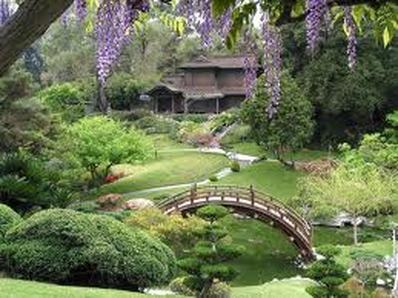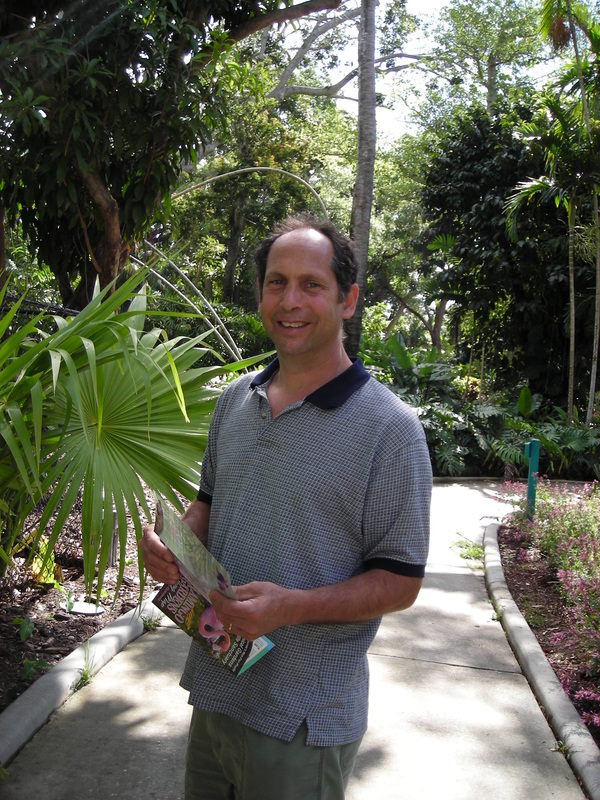
suppose that the ash is future and the firewood past. You should understand that
firewood abides in the phenomenal expression of firewood which fully includes past
and future, and is independent of past and future.
Ash abides in the phenomenal expression of ash which fully includes future and
past. Just as firewood does not become firewood again after it is ash, you do not return
to birth after death. This being so, it is an established way in buddha-dharma to deny
that birth turns into death. Accordingly, birth is understood as no-birth. It is an
unshakable teaching in Buddha's discourse that death does not turn into birth.
Accordingly, death is understood as no-death. Birth is an expression complete this
moment. Death is an expression complete this moment. They are like winter and
spring. You do not call winter the beginning of spring, nor summer the end of spring.
Enlightenment is like the moon reflected in the water. The moon does not get
wet, nor is the water broken. Although its light is wide and great, the moon is
reflected even in a puddle an inch wide. The whole moon and the entire sky are
reflected in dewdrops on the grass, or even in one drop of water. Enlightenment does
not divide you, just as the moon does not break the water. You cannot hinder
enlightenment, just as a drop of water does not hinder the moon in the sky. The depth
of the drop is the height of the moon. Each reflection, however long or short its
duration, manifests the vastness of the dewdrop, and realizes the limitlessness of the
moonlight in the sky.
The idea of reincarnation has followed Buddhism since its inception. Shakyamuni seems to have avoided talking about reincarnation giving only a few brief comments on the subject in all the Buddhist cannon. The doctrine of no-self (non-atman) which is central to Buddhism seems to contradict the idea of reincarnation. Yet I have heard several Tibetan Buddhist Teachers discourse at length on reincarnation. When I confronted one of these teachers with this contradiction he said it was the "subtle self" that reincarnates. Even my own teacher once told me I had good karma from past lives. I responded "I don't know." The idea of reincarnation comes through early Hinduism to Buddhism accept in Hinduism there is the belief that each individual has an atman (soul) which passes from body to body. Shakyamuni was very specific in his rejection of the idea that the individual contains an atman. This is the most important difference between Hinduism and Buddhism yet the idea of reincarnation was so ingrained in the psyche of the Indian that Buddhism could not shake free of the idea.
There is the teaching within Buddhism of "expedient means." The essence of Buddhism is a certain experience, thus it doesn't matter exactly what language or theology is used as long as it promotes the experience. In the final analysis the experience takes care of the understanding. Consequently Buddhism has been able to adapt to a wide variety of cultures. Some cultures have a strong belief in reincarnation and Buddhism has been able to use that belief and other cultures have little belief in reincarnation and Buddhism has again been able to adapt.
We see that Dogen comes down firmly against the idea of reincarnation. It is an unshakable teaching in Buddha's discourse that death does not turn into birth. And yet he says that every phenomena is both independent of past and future and contains past and future. This is difficult to wrap the head around. It must be understood experientially. In the practice of meditation we learn to see clearly, to see each individual phenomena exactly as it appears at that moment without interpretation, without bringing in thoughts of past and future. Experientially each phenomena is independent of past and future, each phenomena is simply an expression of itself. Each phenomena in this sense is empty but then why does Dogen also say that each phenomena contains both past and future? This is certainly an added conceptualization. Dogen passes through the door of emptiness and reenters conceptualization but this is certainly a different type of conceptualization. This conceptualization emerges out of the clarity of deep meditation. It is the understanding of Oneness. It is the dharma eye of non-duality.
Let's come back to the concept of reincarnation. Harada Roshi, my teacher, was confronted by the question of remembering past lives. He said it was quite easy to remember our past lives if we don't have even the slightest thought of an individual self. On the face of it this statement is self contradictory. How can there be a past life without a self that reincarnates? But through the eye of non-duality we can see reincarnation in a completely different light. Of course there is reincarnation, of course death turns into life, as of course life turns into death. But these are not the concepts of life death and reincarnation as we normally think of them.
Hakuin Zenji the great Rinzi master in his Song of Zazen uses the phrase "the gate of the oneness of cause and effect." The eye of non duality fuses past, present, and future into one reality. Every thing no matter how large or small is a result and manifestation of the whole Universe. Everything no matter how large or small is involved in the manifestation of the whole Universe. Nothing is left out in the oneness of cause and effect. In Dogen's language The whole moon and the entire sky are reflected in dewdrops on the grass, or even in one drop of water
Most people think that "enlightenment" is something that happens to an individual but for someone who understands enlightenment, it is the manifestation of the whole Universe. It is how the whole Universe functions and not to be separated from the most mundane activity. In the Heart Sutra it says, 'The Bodhisattvas depend on Prajna Paramita and their minds are no hindrance.' What is this Prajna Paramita, this perfection of wisdom, but the wisdom of the Universe. The Bodhisatva's mind is without hindrance without the normal suffering most humans undergo because they trust. In other religions the faithful trust a particular story and this trust has a power to relieve suffering. But in Buddhism we are asked to trust the Universe because the eye of non-duality tells us that we cannot separate ourselves from the whole Universe. Each reflection, however long or short its duration, manifests the vastness of the dewdrop, and realizes the limitlessness of the moonlight in the sky.

 RSS Feed
RSS Feed